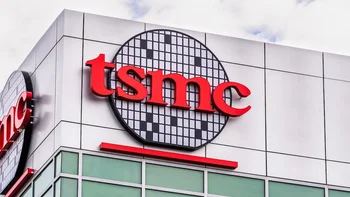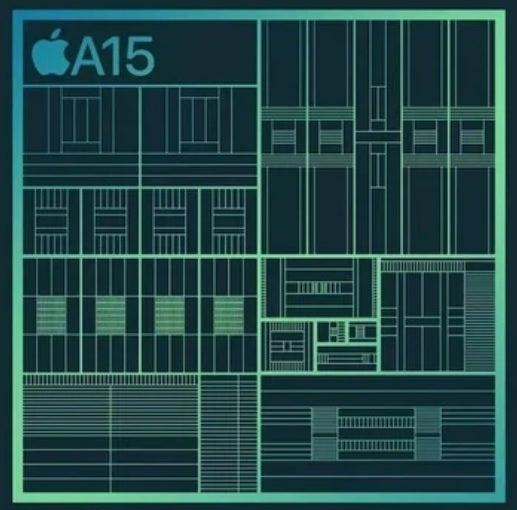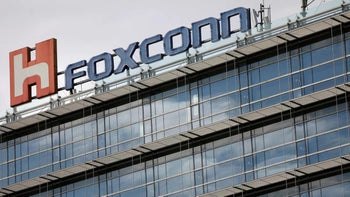TSMC's new 2nm chip production fab will cost it how much?

No one ever said that building a new factory to produce chips using a 2nm process node is cheap. As the process node number gets smaller, the larger the number of transistors that can fit inside a chip. This is very important because the higher the transistor count on a chip, the more powerful and energy-efficient that chip is.
Apple's A15 Bionic chipset is equipped with 15 billion transistors.
For example, 2014's Apple A8 chipset, which debuted on the iPhone 6 and iPhone 6 Plus, was produced by TSMC using its 20nm process node. That SoC contained 2 billion transistors. Compare that with the currently used A15 Bionic chip employed on the iPhone 13 line. That chip is produced by TSMC using its second-generation 5nm process node and each chip is equipped with 15 billion transistors.

The Apple A15 Bionic is produced by TSMC using its 5nm process node
Going from 2 billion transistors to 15 billion from 2014 to 2021 helped drive a huge increase in iPhone performance over those years. This year, TSMC could start volume production of chips built using its 3nm process node. An earlier report from Digitimes said that Apple will introduce an iPad model later this year that will be the first Apple product to be powered by a chip built at the 3nm node.
TSMC is already thinking about the 2nm process node and back in April the company's CEO, C.C. Wei, said to expect chips built using its first-generation 2nm mode (to be known as N2) to be released in 2026. While it plans on continuing to use FinFET transistors for 3nm, TSMC will use gate-all-around (GAA) transistors for 2nm. TSMC rival Samsung Foundry is expected to use GAA for its 3nm production putting it a year ahead of TSMC in that department.
According to Taiwan's United Daily News (UDN), the largest foundry in the world (TSMC, if you didn't know) is going to spend one trillion New Taiwanese Dollars ($33.9 billion USD) to create a fab that will build 2nm chips in Taiwan's Taichung city. The company already has two facilities in Taichung including its GigaFab facility which is one of four plants able to produce more than nine million 12-inch silicon wafers annually.
UDN expects TSMC to submit a proposal to Taiwan's Science and Technology Administration seeking to acquire additional land in Taichung. Besides discussing its 2nm plans, TSMC recently shared a video about the $12 billion U.S. fab it is building in Arizona. This facility was the subject of a video on the business networking app LinkedIn which showed the factory for the first time in two years and TSMC repeated its plan to start production in Arizona within the next two years.
This is why TSMC is lagging behind Intel when it comes to signing employees for their Arizona fabs
TSMC faces competition in Arizona from Intel. The latter is looking to expand facilities that it already uses in the state. There is some speculation that TSMC is finding it hard to hire workers for its Arizona fab. As we mentioned back in February, cultural differences and the different styles of management used in U.S. and Taiwanese companies are making it hard for TSMC to grab employees away from Intel.
U.S. employees working for TSMC before the factory opens are complaining about long working hours and the "excessive" number of meetings that are called. Intel, of course, will run its Arizona facility in the typical fashion for an American company with traditional benefits. It remains to be seen how much home-field advantage Intel will enjoy in Arizona over TSMC.
Unlike the cutting-edge fab it is building for 2nm production, the TSMC factory in the U.S. will at first push out 5nm chips. Not exactly the powerful 2nm chips that will be sourced from Taiwan, the 5nm process node used in the states will be earmarked for other chips besides the Application Processors (AP) that get most of the headlines these days. Those chips include Apple's "A-series" chipsets, Samsung's Exynos line, Qualcomm's Snapdragon 8 Gen x chips, and the MediaTek Dimensity series to name a few.










Things that are NOT allowed: